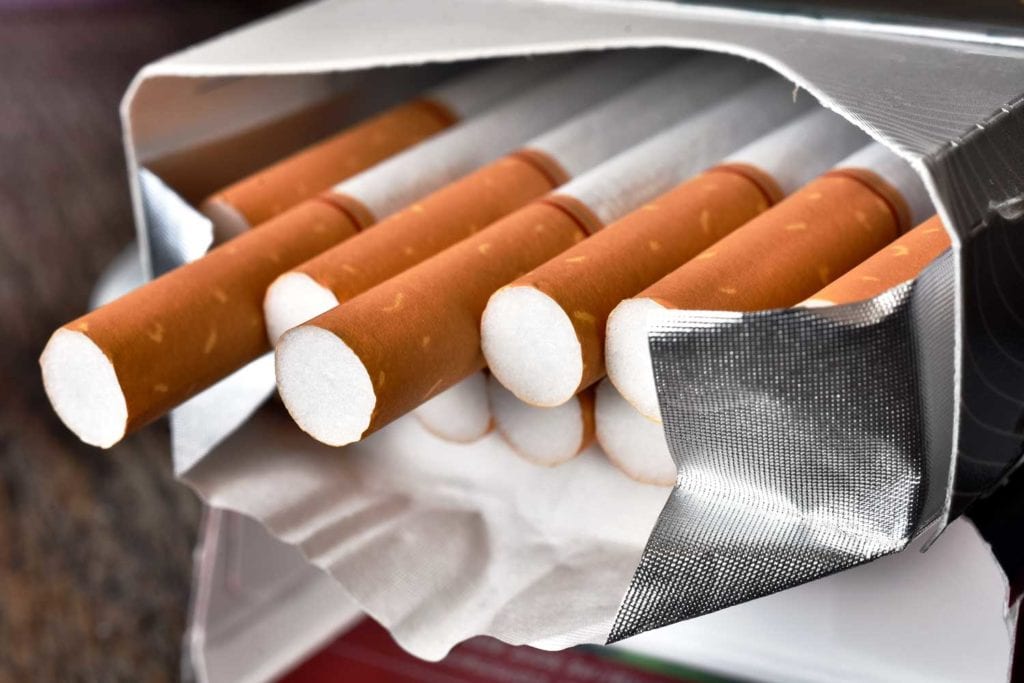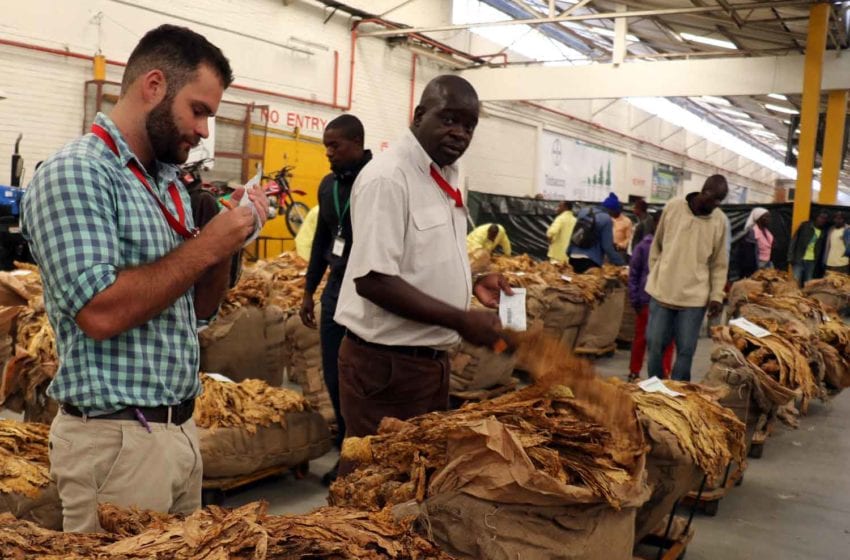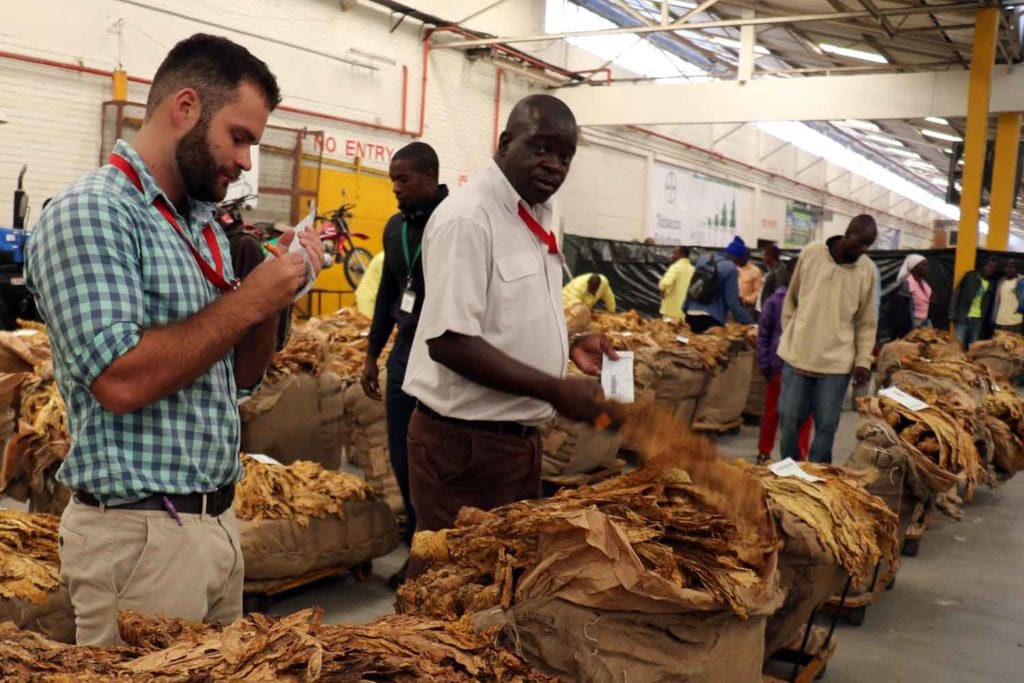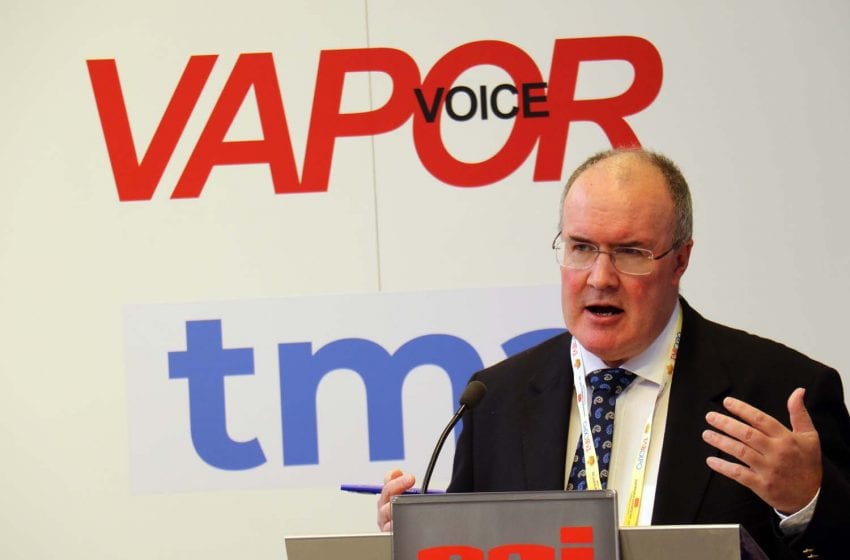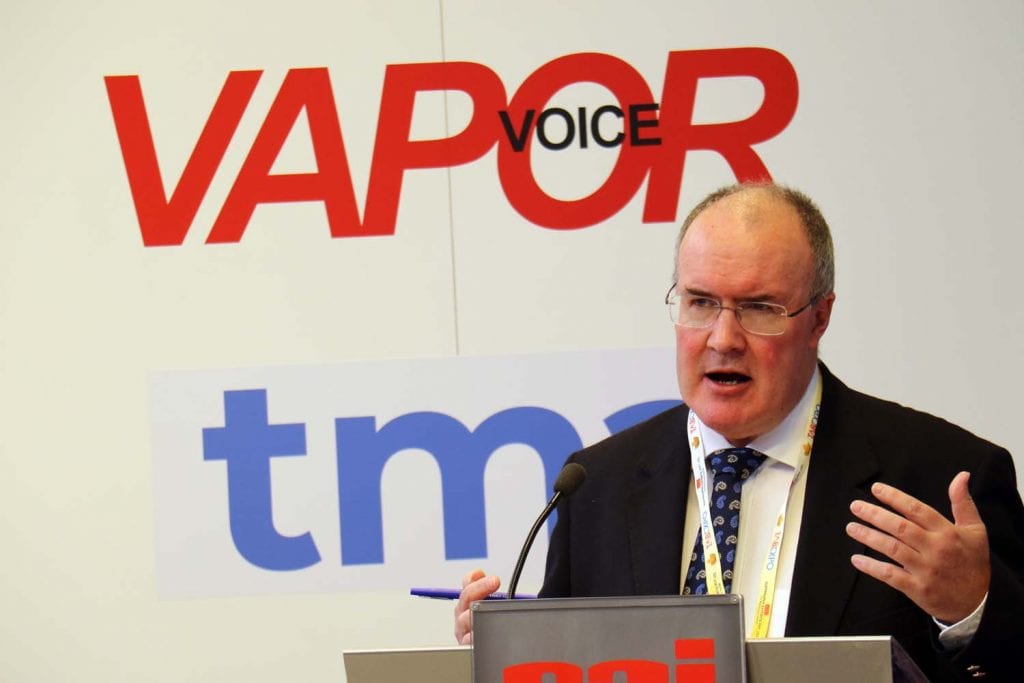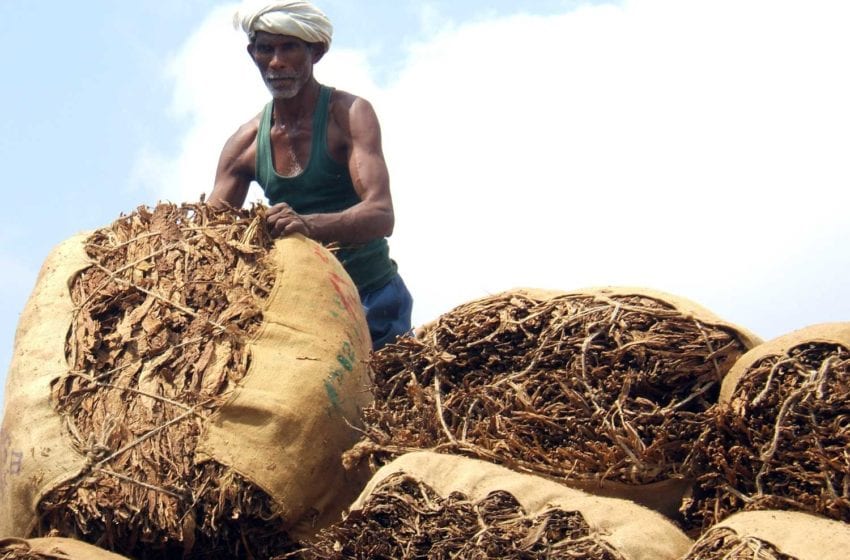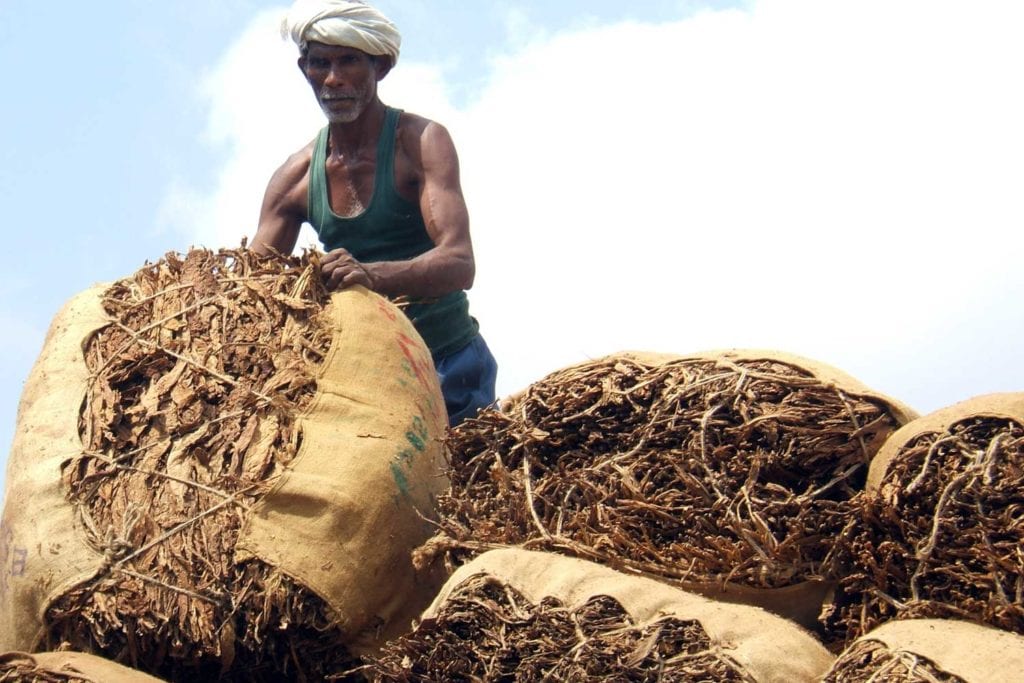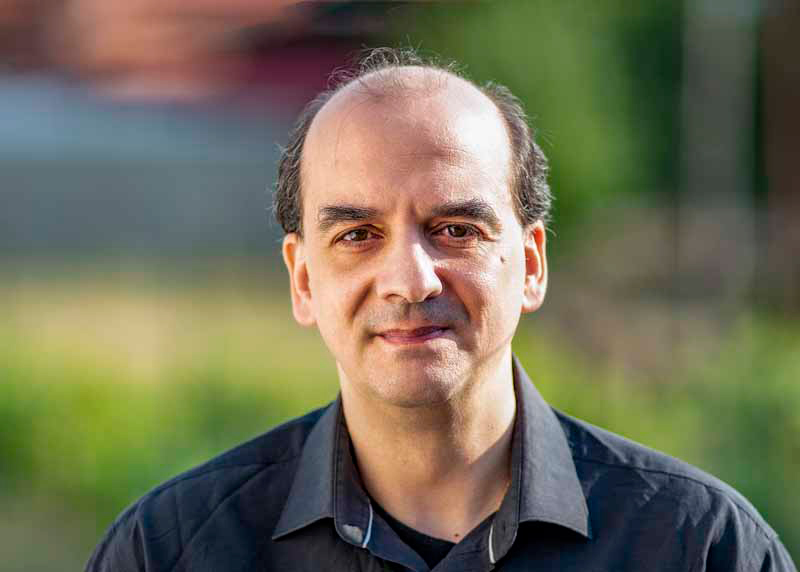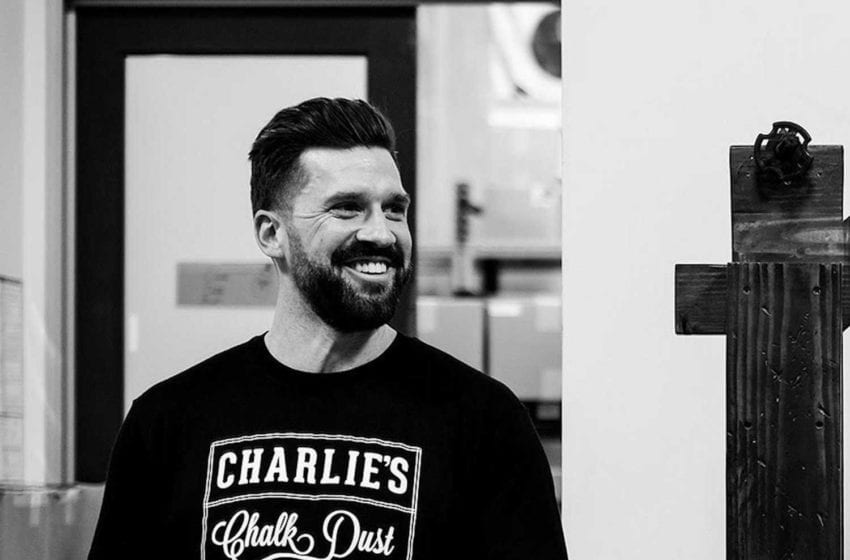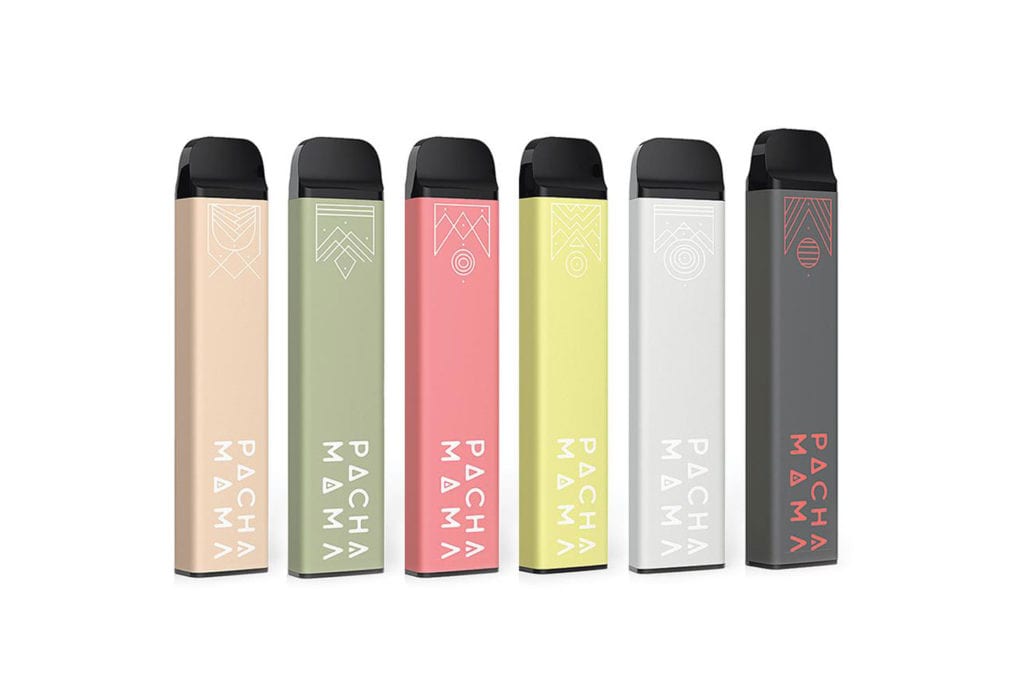
Stora Enso reported sales of €2.28 billion ($2.75 billion) in the first quarter of 2021, up 3 percent from the previous year’s quarter due to higher deliveries and prices. Operational earnings before interest and tax (EBIT) increased to €328 million due to lower costs. Operational EBIT margin increased to 14.4 percent from 8.1 percent. Operating profit (IFRS) decreased to €161 million.
Cash flow from operations amounted to €185 million. Cash flow after investing activities was -€9 million. The net debt to operational earnings before interest, taxes, depreciation and amortization EBITDA ratio was 2.3.
“For the year’s first quarter, I am pleased to deliver yet another solid result, and we are getting back on track with many of our financial targets,” said Stora Enso President and CEO Annica Bresky in a statement.
“For the full year, the demand outlook continues to be healthy for all businesses except for paper. The operational EBIT in 2021 is expected to be higher than in 2020. We are ahead of plan with our €400 million profit protection program, and it will be concluded already by the end of the second quarter 2021.”
Earlier this month, Stora Enso announced a plan to permanently cease pulp and paper production at its Kvarnsveden and Veitsiluoto mills due to overcapacity resulting from declining demand.
“Closing operations that impact our staff is always a last resort, and one based on thorough evaluations,” said Bresky. “However, in order to remain competitive in a rapidly declining paper market, the closing of unprofitable assets is needed.”







